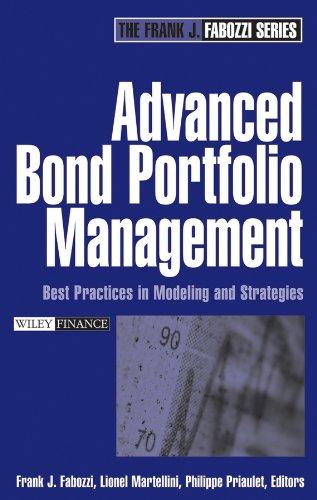Question
Chiptech, Inc., is an established computer chip firm with several profitable existing products as well as some promising new products in development. The company earned
Chiptech, Inc., is an established computer chip firm with several profitable existing products as well as some promising new products in development. The company earned $1.20 a share last year, and just paid out a dividend of $0.24 per share. Investors believe the company plans to maintain its dividend payout ratio at 20%. ROE equals 22%. Everyone in the market expects this situation to persist indefinitely. a. What is the market price of Chiptech stock? The required return for the computer chip industry is 18%, and the company has just gone ex-dividend (i.e., the next dividend will be paid a year from now, at t = 1).
b. Suppose you discover that Chiptechs competitor has developed a new chip that will eliminate Chiptechs current technological advantage in this market. This new product, which will be ready to come to the market in two years, will force Chiptech to reduce the prices of its chips to remain competitive. This will decrease ROE to 18%, and, because of falling demand for its product, Chiptech will decrease the plowback ratio to 0.7. The plowback ratio will be decreased at the end of the second year, at t = 2: The annual year-end dividend for the second year (paid at t = 2) will be 30% of that years earnings. What is your estimate of Chiptechs intrinsic value per share? (Hint: Carefully prepare a table of Chiptechs earnings and dividends for each of the next three years. Pay close attention to the change in the payout ratio in t = 2.)
c. No one else in the market perceives the threat to Chiptechs market. In fact, you are confident that no one else will become aware of the change in Chiptechs competitive status until the competitor firm publicly announces its discovery near the end of year 2. What will be the rate of return on Chiptech stock in the coming year (i.e., between t = 0 and t = 1)? (Hint for parts c through e: Pay attention to when the market catches on to the new situation. A table of dividends and market prices over time might help.)
d. What will be the rate of return on Chiptech stock in the second year (between t = 1 and t = 2)?
e. What will be the rate of return on Chiptech stock in the third year (between t = 2 and t = 3)?


Step by Step Solution
There are 3 Steps involved in it
Step: 1

Get Instant Access to Expert-Tailored Solutions
See step-by-step solutions with expert insights and AI powered tools for academic success
Step: 2

Step: 3

Ace Your Homework with AI
Get the answers you need in no time with our AI-driven, step-by-step assistance
Get Started


